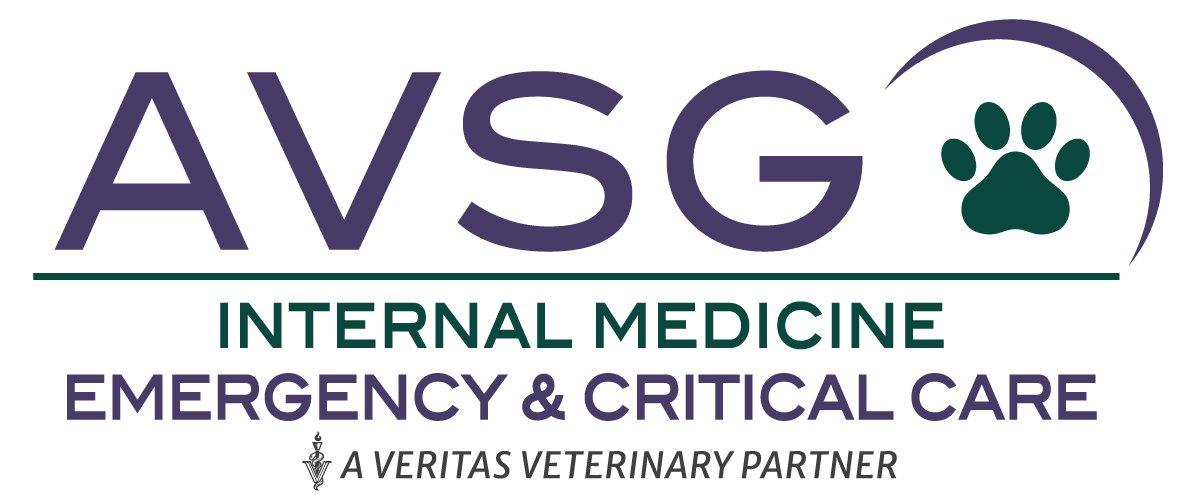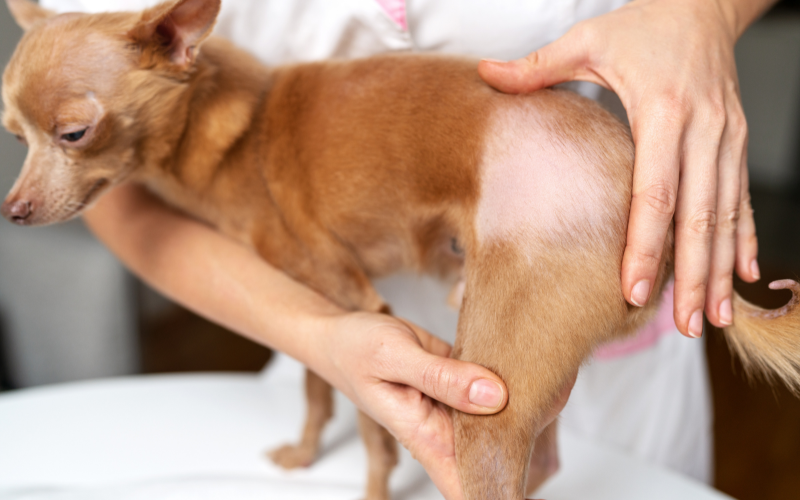Thyroid disease is a common condition in pets but it often goes unnoticed and untreated. The thyroid glands play a crucial role in regulating metabolism by producing hormones that influence many bodily functions. When these hormones are either overproduced or underproduced, pets can experience a range of health issues that affect their energy levels, weight, and overall well-being. Recognizing the symptoms and understanding how to care for pets with thyroid disorders is essential to helping them live healthy, fulfilling lives.
Types and Symptoms of Thyroid Disease in Pets
There are two types of thyroid disease in pets: hypothyroidism and hyperthyroidism. Both conditions have distinct causes and symptoms.
- Hypothyroidism (Underactive Thyroid) is more common in dogs, especially in middle-aged to older breeds like Golden Retrievers, Doberman Pinschers, and Cocker Spaniels. This condition occurs when the thyroid glands don’t produce enough thyroid hormones, slowing down the metabolism. Common symptoms include:
- Weight gain
- Lethargy
- Dry skin and hair loss
- Cold intolerance
- Hyperthyroidism (Overactive Thyroid) primarily affects older cats, particularly those over the age of 10. This condition is usually caused by a benign tumor on the thyroid gland, leading to an overproduction of thyroid hormones. Symptoms include:
- Weight loss despite an increased appetite
- Hyperactivity
- Vomiting and diarrhea
- Rough or unkempt coat
If left untreated, hyperthyroidism can lead to heart disease, high blood pressure, and kidney problems.
Diagnosing Thyroid Disease
If you notice any of the symptoms mentioned above, it’s crucial to visit your primary care veterinarian for a thorough evaluation as soon as possible. Diagnosing usually involves a simple blood test to check the levels of thyroid hormones in the bloodstream. In some cases, additional tests, like an ultrasound or scintigraphy (a specialized imaging test), may be necessary to confirm the diagnosis and determine the appropriate treatment.
Treatment Options
Treatment depends on the type of thyroid disease and the pet’s overall health. Common protocols include:
Hypothyroidism
Hypothyroidism is treated with an oral medication called levothyroxine. This medication is a synthetic form of the thyroid hormone your dog is missing. Most dogs respond well to this treatment and show improvement in symptoms. It is important to note that hypothyroidism is treatable but not curable.
Hyperthyroidism
Treatment options may include:
- Methimazole: A medication that reduces excess thyroid hormone production. It can be given orally or as a topical gel, though side effects like vomiting or loss of appetite can occur.
- Radioactive Iodine Therapy (I-131): The most effective treatment. A single dose of radioactive iodine, administered under veterinary supervision, destroys the overactive thyroid tissue permanently with minimal side effects. Federal law requires a minimum isolation period of 96 hours (4 days) after the injection, during which no visits are permitted.
- Surgery (Thyroidectomy): Removal of the thyroid gland(s) may be done if the disease is localized to one gland.
- Prescription Diet: A special low-iodine diet can help manage hyperthyroidism in some cases.
Caring for Your Pet with Thyroid Disease
Caring for a pet with thyroid disease involves closely following the treatment plan provided by your veterinarian. For dogs with hypothyroidism, ensure they receive their medication regularly, and monitor their weight and overall health. A balanced diet and regular exercise will also help manage weight gain associated with the condition.
For cats with hyperthyroidism, ensure they take their medication as prescribed. If your cat undergoes radioactive iodine therapy or surgery, be prepared for the necessary post-treatment care, such as isolating them for a period or administering additional medications.
Regular follow-ups and blood tests are necessary for monitoring thyroid hormone levels and adjusting treatment as needed. If necessary, your primary care veterinarian may refer you to a specialist, board certified in veterinary internal medicine.
Importantly…
While thyroid disease can be a serious condition, with early detection and proper treatment, pets with thyroid disorders can lead long, comfortable lives. By staying vigilant about symptoms, working with your vet, and adhering to treatment plans, you can provide your furry friend with the care they need to thrive.
If you would like additional information or a consultation with a member of our internal medicine team, we welcome your call at 949-653-9300. Learn more at our website.


